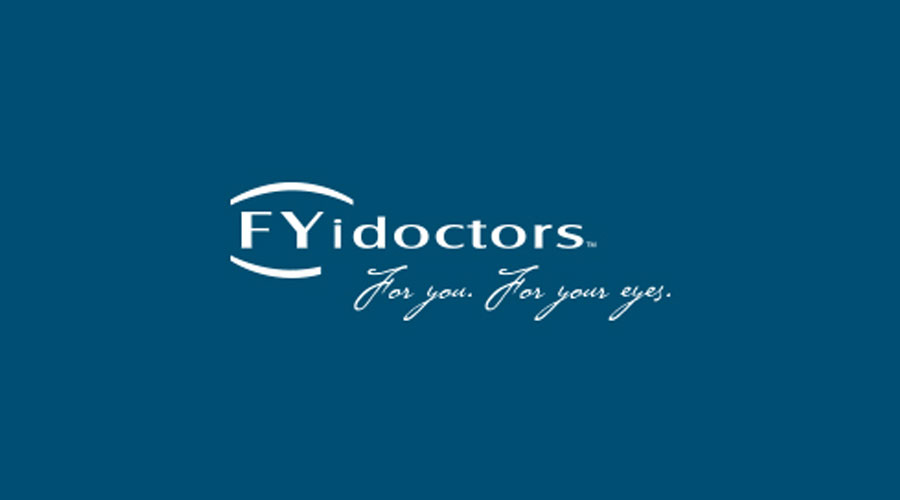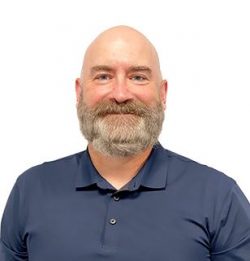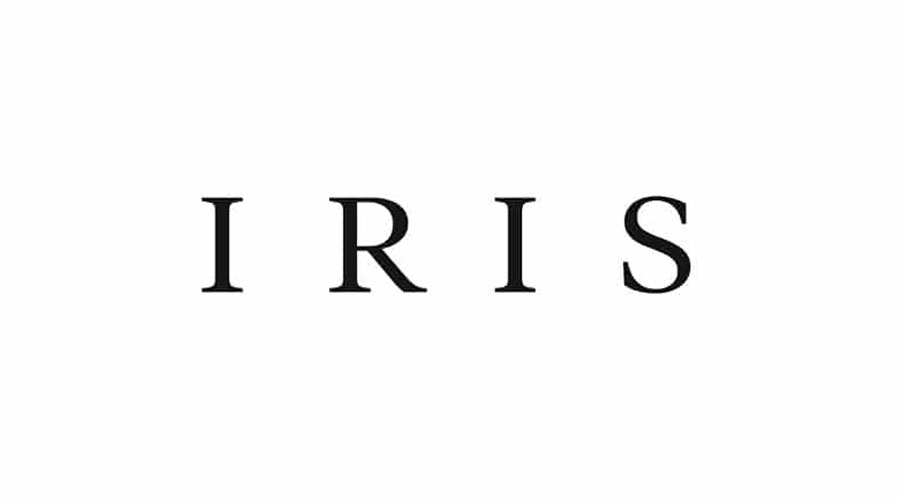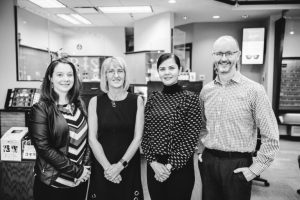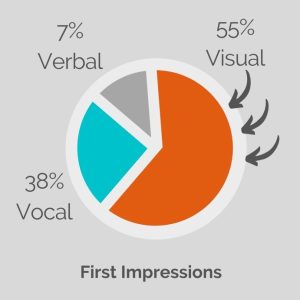
I’m not sure why, but for some reason we love using football analogies in financial speak. I quarterback, you receive, and we tackle.
As we move into the summer, we are more jubilant and with that, we can have a tendency to overspend and forget about our financial plan.
To refocus, remember that your financial plan is really about what you want to achieve. So despite the lure to buy things that media is so great at convincing us we need, take a step back and ask yourself, “Does this purchase meet my cash flow and/or financial plan?”. (Wait, if you don’t have one, skip to the end and call me! Let’s get you working on building your wealth!)
The vast majority of young professionals have started their adult careers with a significant amount of debt, stemming largely from student loans. You may have also been dazzled by the glitter of a new car, a downtown condo, and in my case, a very expensive winter coat for our return to Winterpeg.
All of this can lead to an amount of debt that weighs you down and feels insurmountable.
Living the Good Life
You have worked hard to get where you are. You’re a doctor and with that often comes the expectation to live a lifestyle well beyond your current means. After sacrificing for years, you are now making money and want to enjoy it.
Absolutely! However, will a lifestyle of the rich and famous actually lead you to be rich and famous or will it lead you to a lifetime of debt?
If you could wave a magic wand and make your money do anything for you in the next 6-18 months, what would it do?
Are you taking the necessary steps to make this happen? Are you setting yourself up for success or will you always be chasing that next intermittent “high” from purchases? If you set yourself up properly and take action now, your magic wand doesn’t need to be magical.
Two Methods for Tackling Debt
There are two common methods for tackling debt – you know, take it down! Both methods focus on the getting rid of your debt in a time effective manner. When you gather all your debt information, you will want to review:
- Who do you owe?
- How much do you owe them?
- What is the interest rate?
- Are there any special terms on repayment, like 6 months interest free?
- What are the minimum payments?
Debt Snowball
The snowball method uses the concept of starting with a small pack of snow and essentially rolling it around your yard until you make a giant snow boulder. You start small, but as you keep going, you pick up momentum and before you know it, you have tackled a lot of that debt!
In this method, you pay off your smallest debt first – just get rid of it! Then move on to the next smallest. By decreasing the number of debts on your plate, you build significant positive emotions and reinforce your behaviour. You can see real progress.
Remember, you should also be making the minimum payments on all your debts while you are lump sum reducing the smallest. And as you remove the smaller debt minimum payments, you now have even more lump sum money to throw at the larger payments.
And voila – you have won the snowball fight (and waved that magic wand).
Debt Avalanche
The debt avalanche uses a slightly different approach. Just like in the debt snowball you will continue to make your minimum monthly payments on all your debts. However, here you will focus on your debt with the highest interest rate first for your lump sum additional debt repayments. The idea is to make your debt come quickly crashing down.
Which is Better
Depending on who you ask you will get a different answer and generally speaking, the approach that works better for you depends on….YOU!
If you’re someone who frets about interest, then use the debt avalanche. If you’re someone that gets easily off track, then use the debt snowball.
Positive reinforcement is a powerful thing and should never be underestimated, even if it means you’ll pay a few dollars more in interest. And, if you are someone whose highest debt is 100% consumer credit card debt – you do need to ask yourself why your credit card is racked up in the first place.
High Interest Credit Card Debt
Understanding why you overspend on consumer goods is critical to truly tackling debt. There is really no benefit to paying off your highest debt credit card first if you are just going to run it back up again. This type of behaviour is not only counter-productive, but it’s also morally deflating.
Debt is Bad
Understanding that debt is bad and ultimately steals from your future is step one to getting on the field. Having the self-discipline to get rid of debt is a life skill worth developing.
Even if your extra lump sum payments are only $20 this month, put it towards your debt and then celebrate with a beverage from your fridge – one you have already paid for! Every dollar paying down your debt will get you closer to financial freedom.
That being said, there is such a thing as good debt and best debt.
Good Debt Best Debt
Not all debt is bad. Consumer debt is horrible. Good debt actually allows you to build your wealth. Buying a home is good debt. But beware, even good debt needs to fit within you cash flow. It’s good only if you are paying it down and have a plan to eliminate it.
Best Debt is debt that not only builds your wealth, but where the interest is tax deductible. In many cases this does include your student debt. It can also include the purchase of a business. Using debt to build your wealth is a much bigger conversation and should be done as part of your financial planning.
Advisory
Circle back to your plan and take an honest look at why your debt exists in the first place. Then make a true commitment to yourself. Growing wealth is really as simple as that.
As your Chief Financial Officer, I’m here to help you understand your money and assist you in making smart decisions about your wealth.
Have more questions than answers? Educating you is just one piece of being your personal CFO that we do. Call (780-261-3098) or email (Roxanne@claritywealthadvisory.ca) today to set up your next conversation with us.
Roxanne Arnal is a former Optometrist, Professional Corporation President, and practice owner. Today she is on a mission Empowering You & Your Wealth.
These articles are for information purposes only and are not a replacement for personal financial planning. Everyone’s circumstances and needs are different. Errors and Omissions exempt.

ROXANNE ARNAL,
Optometrist and Certified Financial Planner
Roxanne Arnal graduated from UW School of Optometry in 1995 and is a past-president of the Alberta Association of Optometrists (AAO) and the Canadian Association of Optometry Students (CAOS). She subsequently built a thriving optometric practice in rural Alberta.
Roxanne took the decision in 2012 to leave optometry and become a financial planning professional. She now focuses on providing services to Optometrists with a plan to parlay her unique expertise to help optometric practices and their families across the country meet their goals through astute financial planning and decision making.













